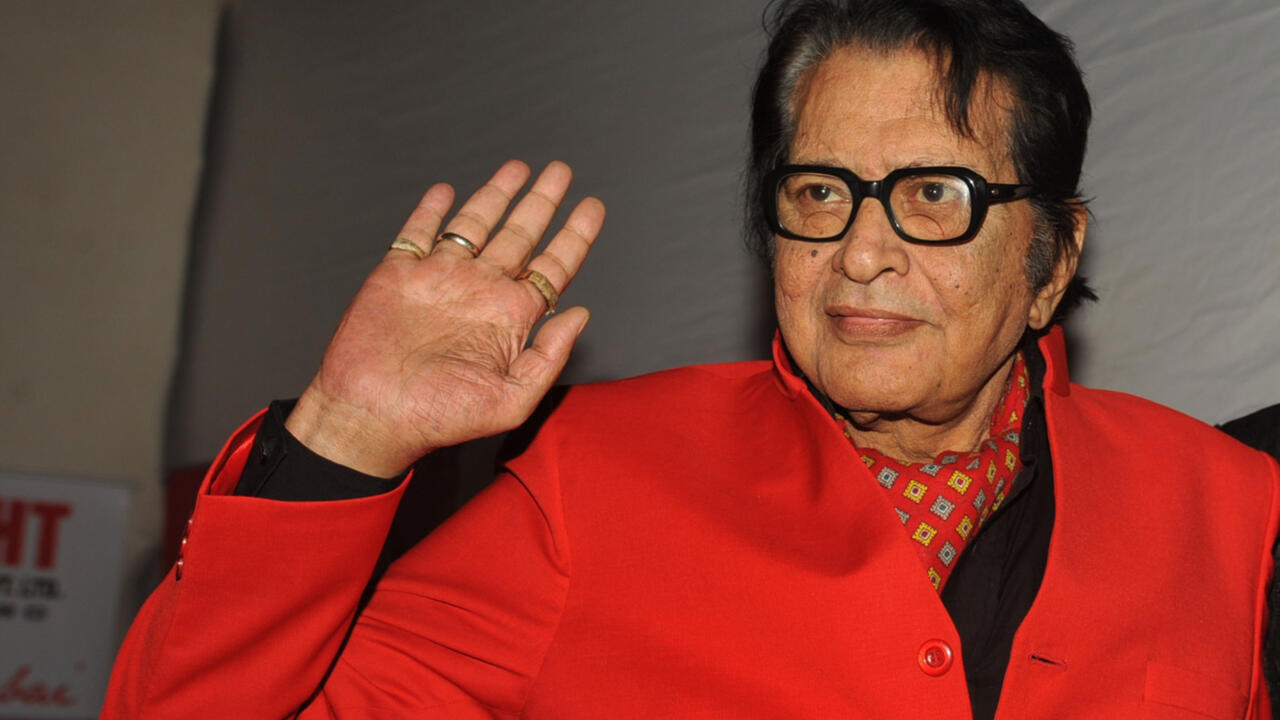Legendary filmmaker and actor Manoj Kumar, known for some of the most iconic movies of the Indian cinema would always be remembered for his high sense of patriotism and nationalism which reflected in many of his productions. His commitment to his beliefs earned him the moniker, Bharat Kumar, the name of the character he played in many of his films.
Manoj’s love for the cinema had brought him to Bombay at a young age of 19 after he was greatly inspired by veterans Ashok Kumar and Dilip Kumar, who remained his idol, and his portrayal of a character in a movie, influenced Manoj’s decision to change his name from Harikrishna Giri Goswami.
Recipient of the Dadasaheb Phalke award and many other accolades during his illustrious career, Manoj launched his own production house and produced and directed movies which were box office busters. His admiration for many seniors such as Kamini Kaushal was reflected in his interviews.
Manoj carved out a name for himself in the film world by making such landmark movies such as “Upkaar”, “Purab Aur Paschim”, “Roti Kapra aur Makan”, “Shor” and “Kranti”. Originally from Abbottabad in Pakistan, his family had settled at Vijay Nagar, a small refugee colony, next to the Delhi University, adjacent to Kingsway Camp. He graduated from the Hindu College after being a student of the Salwan School. His connection with Delhi remained till the very end and he would always speak about his formative years in the city in various interviews.
Although Manoj had been doing romantic roles in many films such as “Haryali aur Raasta”, “Himalaya ki God Mein”, “Gumnaam”, “Do Badan”, he decided to make a film on the life of Shaheed Bhagat Singh in the early 1960s along with his friend, Kewal Kashyap. The movie titled “Shaheed” became a big hit and many of its songs, composed and written by Prem Dhawan, still continue to be recalled, particularly during the Republic Day and Independence Day celebrations.
The story goes that the then Prime Minister Lal Bahadur Shastri liked the movie immensely and asked the filmmaker during a meeting to do another one on the “Jai Jawan, Jai Kisan” slogan he had given during the 1965 Indo-Pakistan conflict of 1965. Manoj in an interview said that he was inspired by Shastriji and took the night train to Bombay and used the journey to come up with the story line of his maiden production, “Upkaar” under his own banner, Vishal Productions.
The movie became a big hit and Bharat Kumar was born, the name by which Manoj started being addressed by his fans. “Upkaar” also launched Pran, who had played the role of villains in most of his movies, as a character actor. His role as the Malang Baba was immensely appreciated and the famous actor’s transition was complete after which he also excelled in various kinds of roles.
Another interesting story regarding Manoj Kumar was that he was scared of travelling by air and that is the reason why he took the train journey from Delhi to Bombay following his meeting with the Prime Minister. Later when he decided to make his second film, “Purab Aur Paschim”, he had to shoot in England and to do that he went to the British Isles by ship which took one month and not by air.
Like “Upkaar”, this film, which captured the essence of the dilemma faced by Indian migrants to overseas country, was a major hit. In between the actor’s performance in Raj Kapoor’s magnum opus, “Mera Naam Joker” was widely appreciated and it was clear that Manoj had arrived in a very big way.
Other movies on varied themes followed and his hold and sway over audiences that were mesmerized by his commitment both to the country and his beliefs was evident. What set Manoj apart from his contemporaries was that he would pick up a theme and work on it over a period of time, involving other actors in order to give shape to his creative juices.
Manoj was politically neutral but many believed that his thinking was closer to that of the Bharatiya Jana Sangh and later to the BJP. In 1972, his mother-in-law, Savita Behn, who later became a member of the Rajya Sabha, contested on a Congress ticket against the then sitting Chief Executive Councillor, Vijay Kumar Malhotra, from Patel Nagar, considered at the time to be a Jana Sangh bastion. Prime Minister Indira Gandhi went door to door to campaign for her but Malhotra still managed to win.
The actor was unruffled by what was happening and continued with his filmmaking. He was a favourite of producer Sohanlal Kanwar, and acted in many of his blockbusters, “Beimaan” and “Sanyaasi”. His name became synonymous with someone who was on the side of justice and voiced the opinion of the people.
Manoj Kumar lived for what he believed in. His admiration for many of his seniors and actors was always there and he also used singer Mahendra Kapoor for multiple songs in his films which had the underlying message of patriotism in them.
In the last few years of his life, Manoj had become a recluse and kept to himself. He was suffering from various ailments and was in and out of hospitals. He had helped launch a number of careers and played a mentor to several in the film

